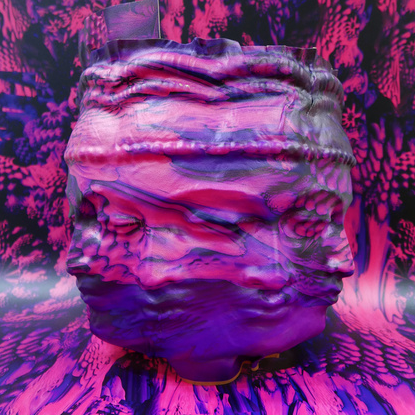Lecture by Matteo Pasquinelli
Moderation by Tobi Müller
12 June 2019, 19.00-20.15
Münchner Kammerspiel
München
As the mathematician Jean-Luc Chabert noted: “Algorithms have been around since the beginning of time and existed well before a special word had been coined to describe them. Algorithms are not confined to mathematics. The Babylonians used them for deciding points of law, Latin teachers used them to get the grammar right, and they have been used in all cultures for predicting the future, for deciding medical treatment, or for preparing food.” Algorithms emerged from ritual practices and the organisation of the social life. Similarly, today the algorithms of machine learning and AI emerge from personal data and collective behaviours. Our perspective about the algorithms of AI, then, have to change. Algorithms are usually perceived to be the application of complex mathematical formulas in the abstract. On the contrary, even the most complex algorithms always emerge from material practices: they are emergent processes that materialise out of a previous and spontaneous division of space, time and labour. Artificial Intelligence is an enormous imitation engine of collective intelligence.
From June 11th until June 16th 2019, the Münchner Kammerspiele will host the Festival Politics of Algorithms which covers topics ranging from the socio-cultural and political impact of artificial intelligence to the application of algorithms and robotics in a modern art context. Being curated by Christoph Gurk, in cooperation with Ulla Heinrich, Fabian Pelzl and Dennis Pohl, specific attention is brought to the question whether theatre and the performing arts can still be considered outside of the sphere of influence of digitality and A.I. The festival will provide six days full of lectures, panels and artistic interventions with the aim of reflecting on the current state of discussion.

